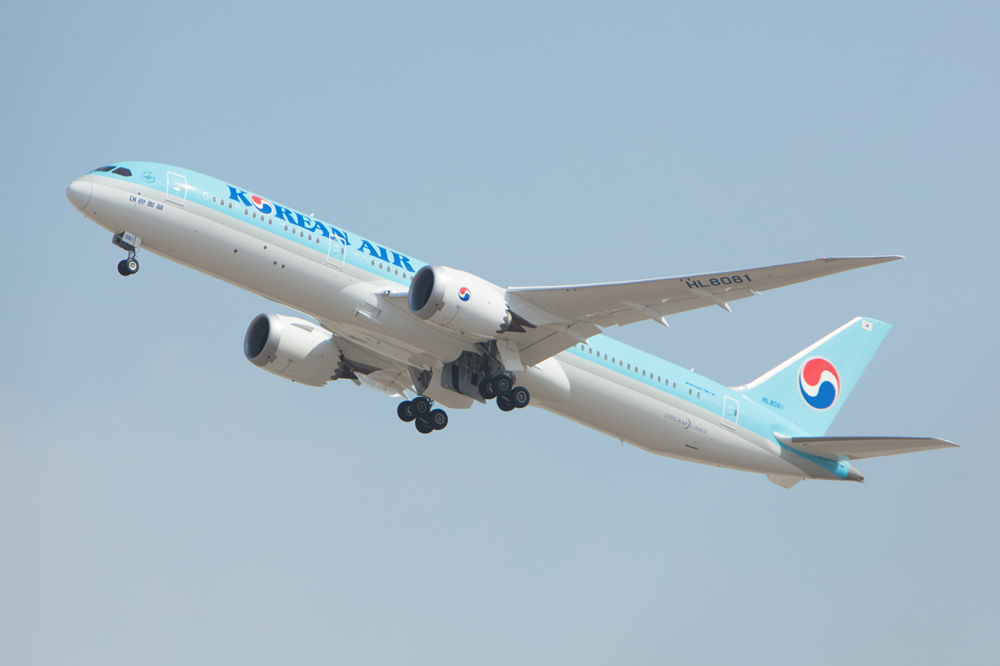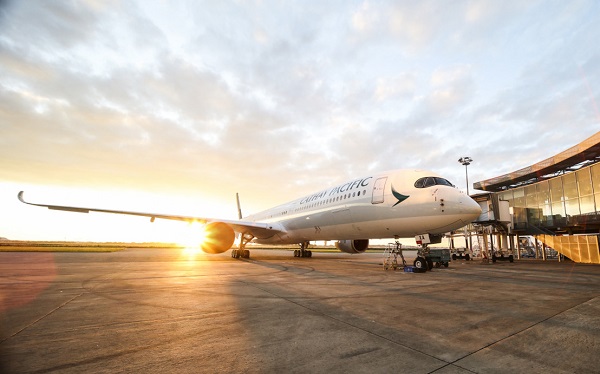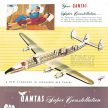Cathay Pacific and Qantas have lost their battle to convince Australian authorities that a proposed codeshare expansion would benefit travelers.
The International Air Services Commission on Tuesday issued a final determination on the hard-fought issue saying it would not approve the changes.
READ: Striking pictures of British Airways’ 747 with the Red Arrows
The airlines applied to the commission back in January to be allowed to expand their codeshare arrangement.
They wanted to update an August 2018 agreement that allowed Qantas to add its code on 15 one-way routes beyond Hong Kong operated by Cathay or Cathay Dragon and Cathay to add its code on 25 one-way routes on Qantas’s domestic network.
The variation added another 19 one-way routes beyond Hong Kong on the Cathay/Cathay Dragon side and 32 one-way Australian domestic routes operated by Qantas.
The move would have allowed Cathay to sell seats on Qantas flights operating routes such as Canberra-Sydney-Hong Kong or Brisbane-Hong Kong-Delhi.
The application was strongly opposed by Virgin Australia on competitive grounds and attracted the attention of the Australian Competition and Consumer Commission.
The IASC issued a draft determination on May 24 rejecting the proposal, prompting a move by Cathay and Qantas to convince it to overturn the decision.
In its final determination, the commission acknowledged there would be some consumer benefits from the proposal including improved single carrier connectivity and potential increases in code-shared routes.
“However, the Commission also finds that the variation is likely to entrench and expand the market position of Qantas and Cathay Pacific, to the detriment of Virgin Australia’s competitive position and the position of any potential future entrants on the route,’’ it said.
“If this occurs, it is likely to weaken competition on the route, leading, over time, to an increase in prices and/or a reduction in other benefits to consumers.”
The commission also reiterated its view that even without the codeshare changes, Qantas was able to market its code on a range of services operated by Cathay Pacific and Cathay Dragon to destinations in Asia that included India, Vietnam and Korea.
“The Commission finds that the likely public benefits of the variation are limited and are substantially outweighed by the likely public detriment that would follow from the proposed variation,” it said.
“For this reason, the Commission is satisfied that the variation would not be of benefit to the public, within the meaning of the Act.”
The IASC also rejected a proposal by Qantas that it permit the variation but subject it to review.
The commission said legislation required it to reject a proposal if it found it did not benefit the public.
























